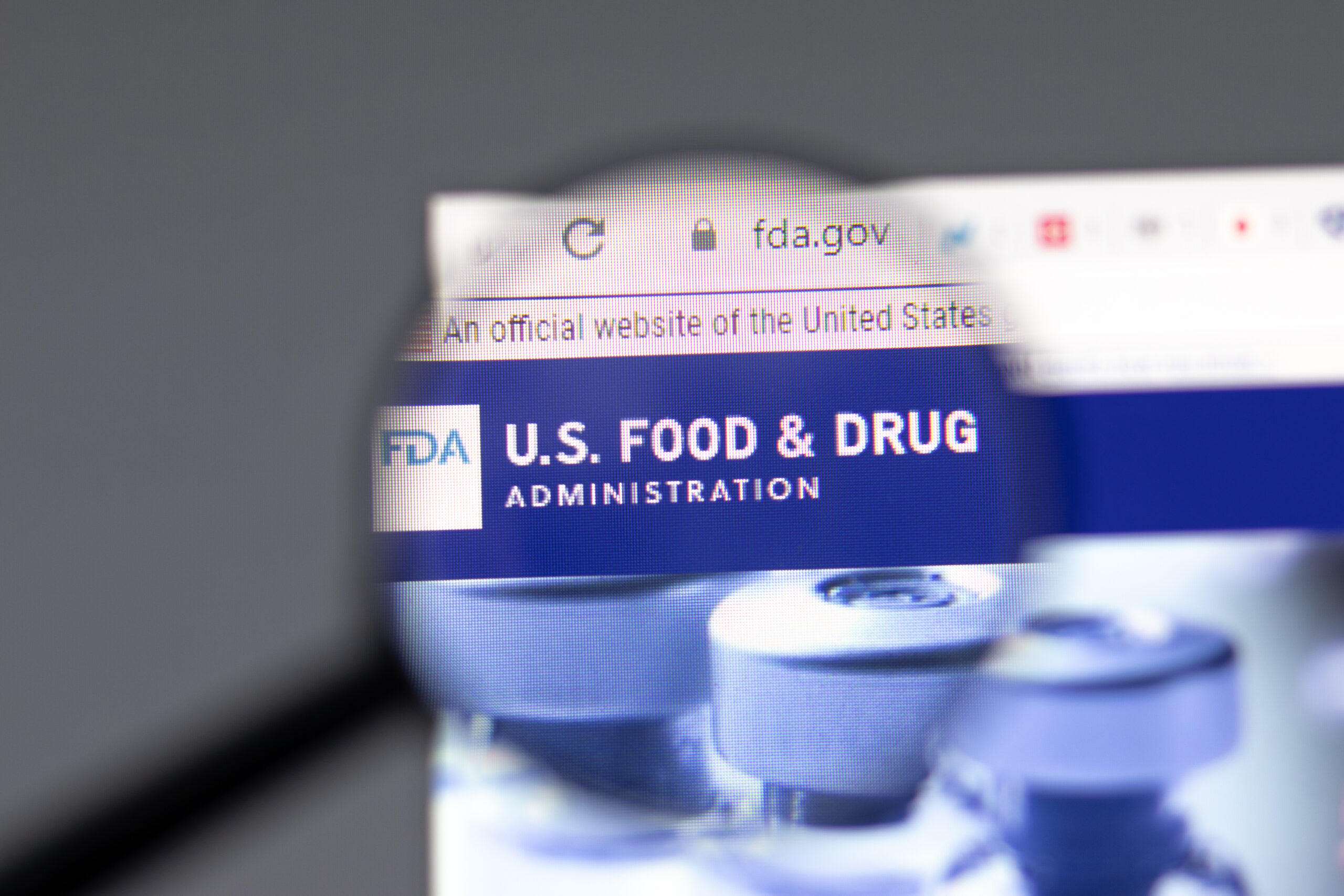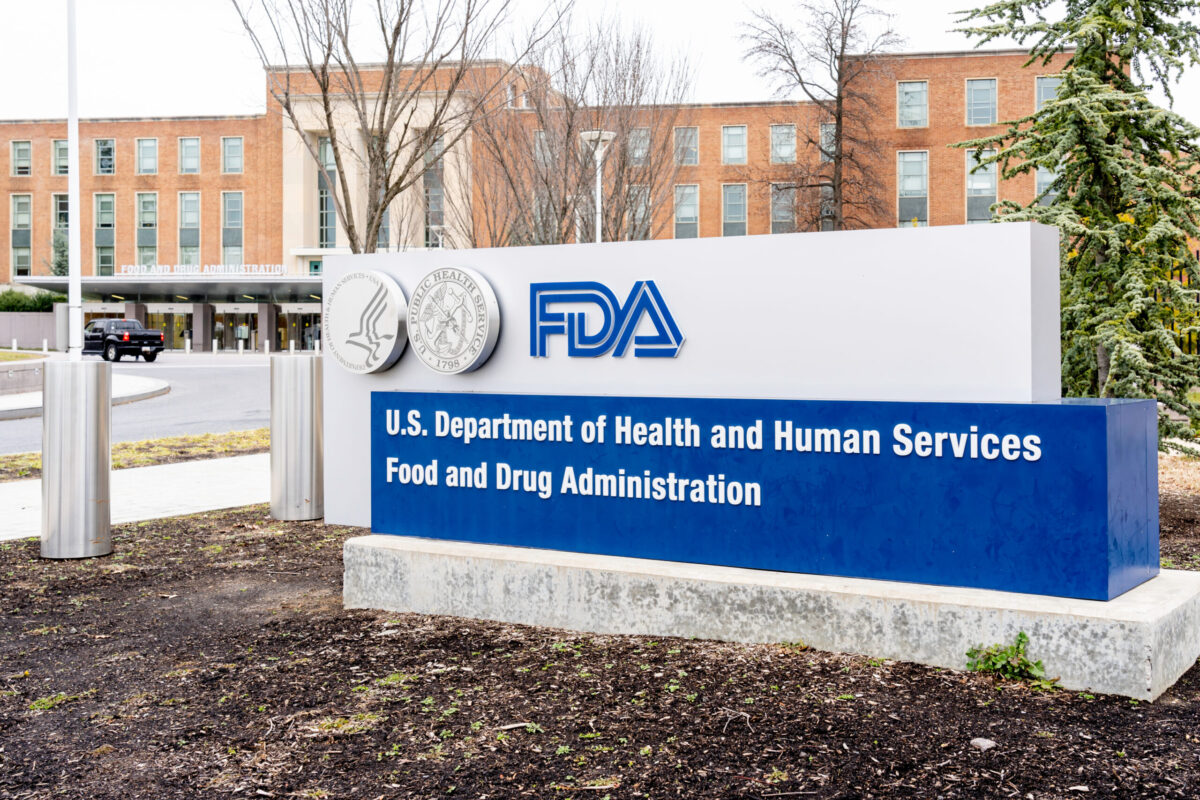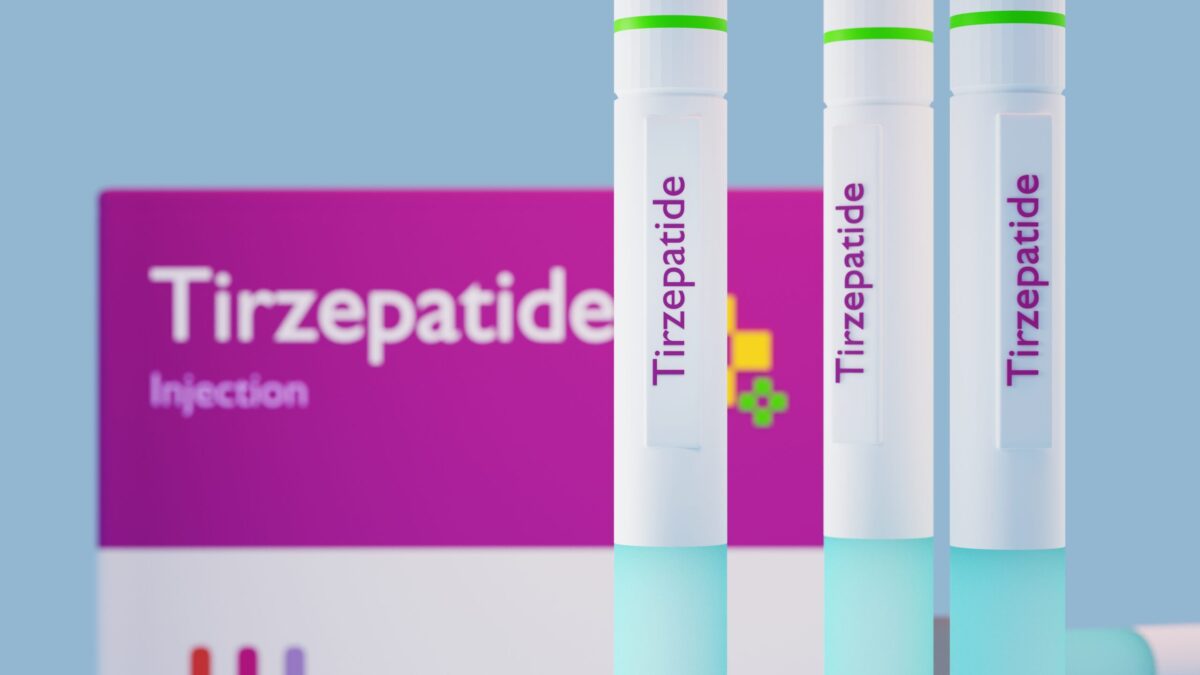The US Food and Drug Administration (FDA) has released a report which presents case studies on 22 drugs in which Phase II clinical trial success did not translate to positive results in Phase III. The report was meant to highlight the challenges associated with drug development, and the importance of the multistage drug approval process put in place by the FDA.
“Roughly 9 in 10 drugs/biologics that are tested in humans are never submitted to FDA for approval,” said the authors of the FDA report. “Typically, a candidate drug is submitted to the FDA for marketing approval after phase III testing. In recent years, there has been growing interest in exploring alternatives to requiring phase III testing before product approval, such as relying on different types of data and unvalidated surrogate endpoints.”
While the agency fills an important role by ensuring that drug products on the market are safe and effective, some have criticized the agency for the length of time it takes for a new drug to be approved. Several candidates rumored to be on President Trump’s shortlist for FDA chief – including Jim O’Neill, Balaji Srinivasan and Joseph Gulfo – have expressed criticism of the FDA’s practices in the past.
Of the 22 case studies of drugs, vaccines and medical devices presented in the FDA’s report, 14 failed to meet efficacy endpoints in Phase III clinical trials. One drug – Pfizer’s cardiovascular disease drug, torcetrapib – failed due to an undesirable safety profile, while the remaining seven drugs had both unconfirmed safety and effectiveness in Phase III.
In the case of torcetrapib, Pfizer enrolled over 15,000 participants with a history of cardiovascular events and other risk factors into their Phase III clinical trial. Though the drug decreased cholesterol levels compared to the placebo, torcetrapib was also associated with a 25 percent increased risk of suffering a major adverse cardiovascular event.
After completion of Phase II trials for the drug, Pfizer executive Jeff Kindler said that torcetrapib could be “one of the most important developments in our generation.” This case study in particular highlights the importance of late-stage safety testing prior to approval.
“The 22 cases explored in this paper demonstrate that phase 2 results can inaccurately predict safety and/or effectiveness for medical products in a wide range of diseases and patient populations,” said the report. “As a result of the Phase III studies discussed in this paper, patients outside of clinical trials were not subjected to drugs that would not benefit them or to the risk of unnecessary serious toxicities, and did not suffer unnecessary financial expenditures.”












Join or login to leave a comment
JOIN LOGIN